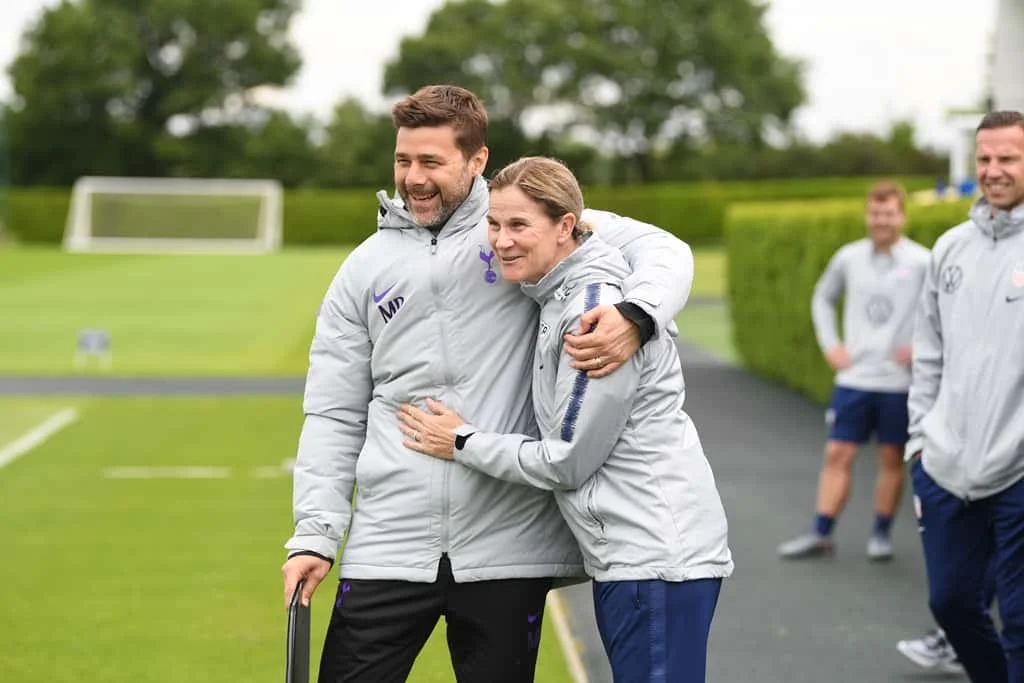Fatigue & Altitude Training - Part 2 & 3
Part 2
We can only produce force if our central nervous system drives it. If the brain cannot, then our ability to activate muscles are affected. The perception of exercise is harder, i.e. nothing left in the tank. If training concurrently i would try to minimise fatigue. High volume affects the central nervous system, for example Tour de France cyclists after 3 days rest, had not returned to baseline.
Training should have a beneficial cost, I would consider how to create work capacity without it having too much of a detrimental or negative affect. We don't want to overcook athletes, if we under cook, we can always add a bit more. Over cook & you have to start again. On feet capacity is needed for team sports, but running can interfere with force production, strength & hypertrophy. Team sports need explosive power & endurance, but both sit at opposite ends of the spectrum.
Athletes need a basic level of conditioning to optimise high intensity efforts to the max i.e. they don't gas out. Ideally developing athletes over a longer period of time, means giving athletes a better range or what you call speed reserve. Athletes instead of 12 speed gears, develop a broad foundation & much more gears with the potential to add more
Part 3
Different training methods mean we can develop fitness levels without creating fatigue, such as cardio output training and extensive tempo ect. We can also build the capacity of athletes to be able to cope with fatigue. Training in a fatigued state should not be avoided, but i would plan where it should sit in the programme. I don't want athletes accumulating too much fatigue for performance levels to drop. Athletes should not be in a middle zone of no-mans land not training anything in particular. Not high enough for adaptations in performance or low enough to stimulate recovery.
Altitude
Teams with resources in the Women's World Cup have trained at altitude or used environmental chambers with heat & humidity over the weeks to get a performance benefit. At altitude fatigue is from the central nervous system, it's not peripheral. If the brain doesn't get enough oxygen then it shuts the body down. It's central fatigue which causes you to stop not muscular fatigue. If you have the budget, resources or access to an environmental chamber, i would train at altitude. If you want to read more about altitude training, the practicalities & benefits then this is a good place to start. https://lnkd.in/gB2JazJ

